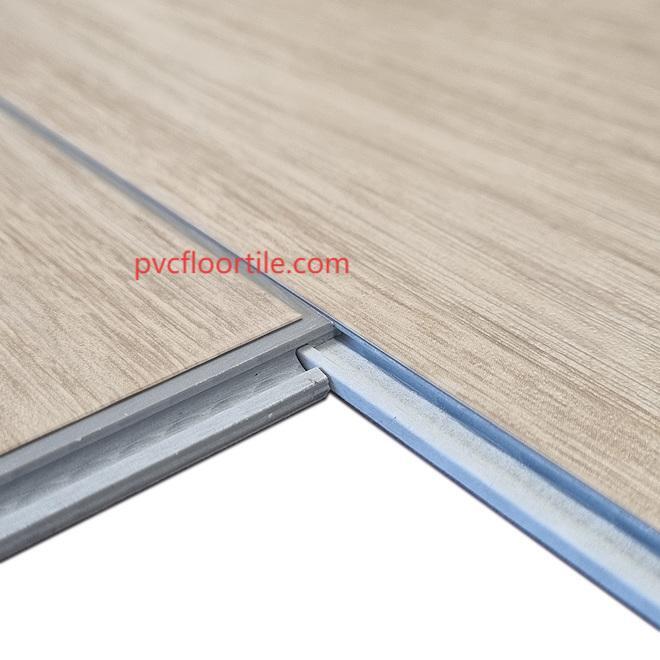Notifications
We use cookies to personalise site content, social media features and to analyse our traffic. We also share information about your use of this site with our advertising and social media partners.

2 minutes, 31 seconds
-25 Views 0 Comments 0 Likes 0 Reviews

Beneath the surface of urban-centric development paradigms, WPC Flooring Factory ecosystems are scripting a quiet revolution in territorial economics. These distributed manufacturing clusters operate as material translators, converting region-specific waste dialects—peanut shells from sandy farmlands, mulberry bark from sericulture regions, lichen-coated stones from highland pastures—into standardized yet location-coded flooring systems. By embedding GIS coordinates into every tile's RFID tag and blending post-consumer plastics with hyperlocal organics, WPC Flooring Factory outputs become cartographic canvases, their materiality narrating stories of soil health, climatic resilience, and circular ingenuity.
Innovation thrives in geomorphic empathy. Production schedules sync with agricultural cycles—ramping up during post-harvest seasons when biomass overflows, scaling down during planting months to conserve energy. Factory roofs double as water-harvesting canvases channeling monsoon rains into drip irrigation systems for adjacent cooperative farms. Closed-loop logistics repurpose delivery trucks as mobile collection units for remote villages' plastic waste, transforming supply chains into symbiotic resource loops.
Community metamorphosis unfolds through embedded stewardship. Elderly villagers authenticate regional material signatures through tactile quality control, their lifetimes of soil knowledge ensuring batch consistency. Schoolchildren design eco-legacy tiles containing time capsule letters to future generations, fused into flooring bound for civic buildings. Returning urban migrants find purpose in hybrid roles—part agro-ecologist, part production engineer—curating material recipes that reflect evolving rural identities.
Global relevance emerges through contextual adaptation. Arid regions commission tiles with camel thorn composites for natural anti-slip properties, while typhoon-prone coasts utilize seaweed-reinforced variants that resist salt corrosion. Carbon trading platforms recognize region-specific flooring as verifiable sequestration units, linking rural production to climate finance streams. Even cultural institutions install terroir-tiles that release localized herbal fragrances when warmed by foot traffic, redefining sensory placemaking.
click https://www.pvcfloortile.com/product/wpc-flooring/wpc-decking-flooring/ to reading more information

At our community we believe in the power of connections. Our platform is more than just a social networking site; it's a vibrant community where individuals from diverse backgrounds come together to share, connect, and thrive.
We are dedicated to fostering creativity, building strong communities, and raising awareness on a global scale.